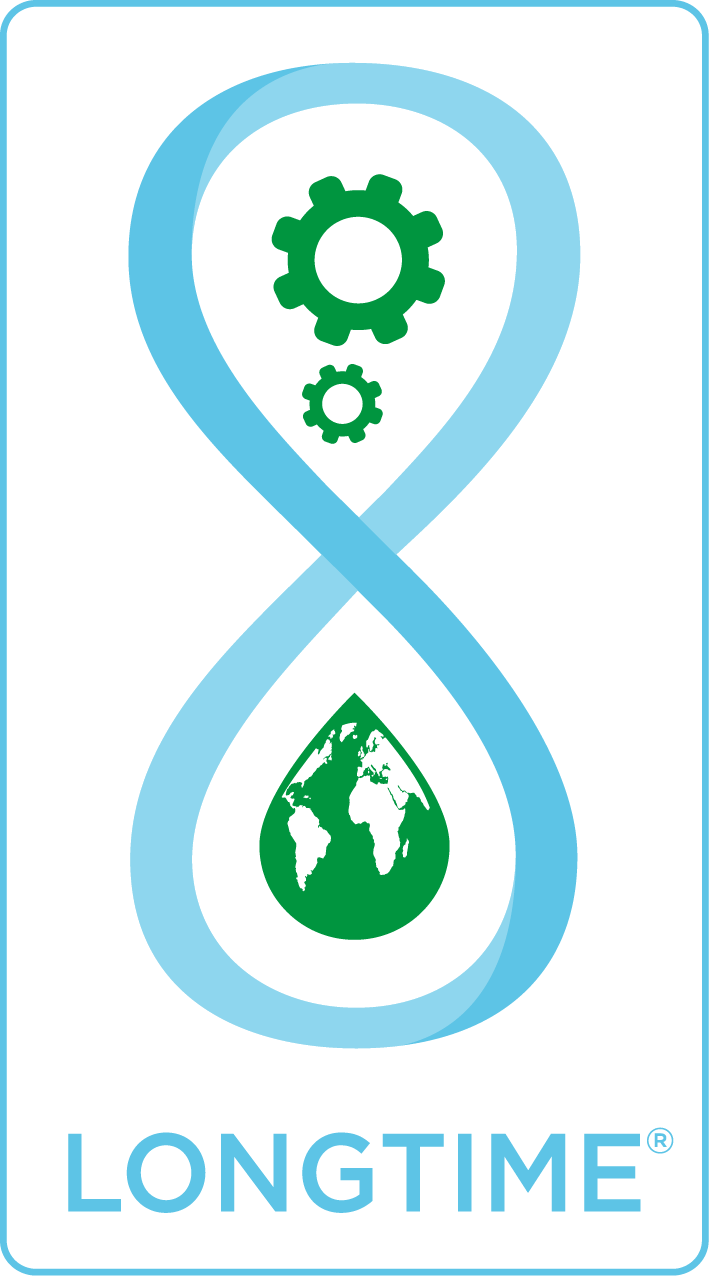In June 2020, the Citizens’ Convention, a coalition of voluntary citizens from civil society, unveiled 149 concrete proposals and solutions to meet the objectives of the 2015 Paris Agreement: to reduce greenhouse gas emissions by 40% and bring about profound changes in society.
Among the measures adopted, the Citizens’ Convention promotes strong measures concerning the transition to more sustainable production and consumption models. Extending product lifespan ties in perfectly with this theme.

Responsible consumption and advertising
Aesthetic obsolescence, or the fear of appearing outdated, is one of the main drivers behind the premature renewal of our devices, and this is particularly true of smartphones. One of the working groups of the Citizens’ Convention therefore put forward the idea of creating a law to hinder the broadcasting of advertising inciting over-consumption. Particularly for products that generate significant environmental impacts during manufacture.
Although the January 2020 “Loi Relative au Gaspillage et à l’Économie Circulaire” prohibits any advertising or commercial communication action inciting the degradation of products in normal working order and preventing their reuse or reutilization, the citizens’ convention proposes to go further by limiting daily and unintentional consumption incentives. (Billboard, digital banner)
Still on the subject of advertising, and in order to promote more responsible consumption, the Citizens’ Convention would like to :
- Include a statement in every advertisement encouraging rational consumption, in the same format as food advertising slogans.
- Develop an environmental display on the carbon impact of products or services covered by advertising.
More generally, we share the view of the Convention Citoyenne on the importance of educating consumers and raising their awareness of sustainability. One of the missions of the LONGTIME® label is to make consumers aware of the need to maintain and repair the products they buy.
Repair, reuse
Still on the subject of sustainability, the Citizen’s Convention working groups stressed the importance of strengthening the repair sector.
As sustainability experts, we rely daily on professional repairers to help us define a sustainability identity card for each product family. We can only conclude that this sector is under pressure, even though it could provide jobs that are not easily relocated and offer high environmental added value.
After-sales service and spare parts: In addition to the accessibility and proximity of after-sales service and repair facilities, the volunteers in the working groups point to the need to make original spare parts available for 15 years. Although laudable on paper, this measure is essential for extending product life, and needs to be qualified. In fact, it does not take into account the reality of product diversity. Making spare parts available for 15 years on a smartphone is ecological nonsense as you read this. No cell phone “lives” long enough to need spare parts after 15 years, and a significant waste of raw materials could result.
Sustainability is studied on a case-by-case basis, which is why we at LONGTIME® draw up sustainability identity cards for each product family we label.
Citizens’ covenant and sustainability regulations
Programmed obsolescence law :
Although very difficult to apply because of its original poor design, the Convention Citoyenne re-emphasizes the need to enforce the law banning programmed obsolescence. Deliberate programmed obsolescence is particularly difficult to prove, and this law has proven to be of very little use. No practice has yet been condemned. It would probably be wiser to change this law and “make compulsory” a certain number of virtuous practices rather than “prohibit” them.
The convention would also like to make it compulsory to repair manufactured products sold in France, a right to repair that LONGTIME® has been defending alongside “Right To Repair” for several months. The AGEC Act supports this right.
Ecodesign :
Finally, the convention emphasizes theimportance of eco-design in the implementation of a sustainable production model. We fully share this vision. If you remember that extending product life is one of the fundamental measures of eco-design, you’ll understand why we wanted to develop an eco-label to promote products designed to last.
We welcome the measures put forward on the theme of extending product life and, although sometimes lacking in detail, the citizen’s convention proves that the population has ambitions beyond those proposed by public policies.
Born of a civic initiative, the LONGTIME® label recognizes the difficulty of the task, and salutes the work of these volunteers from civil society.

